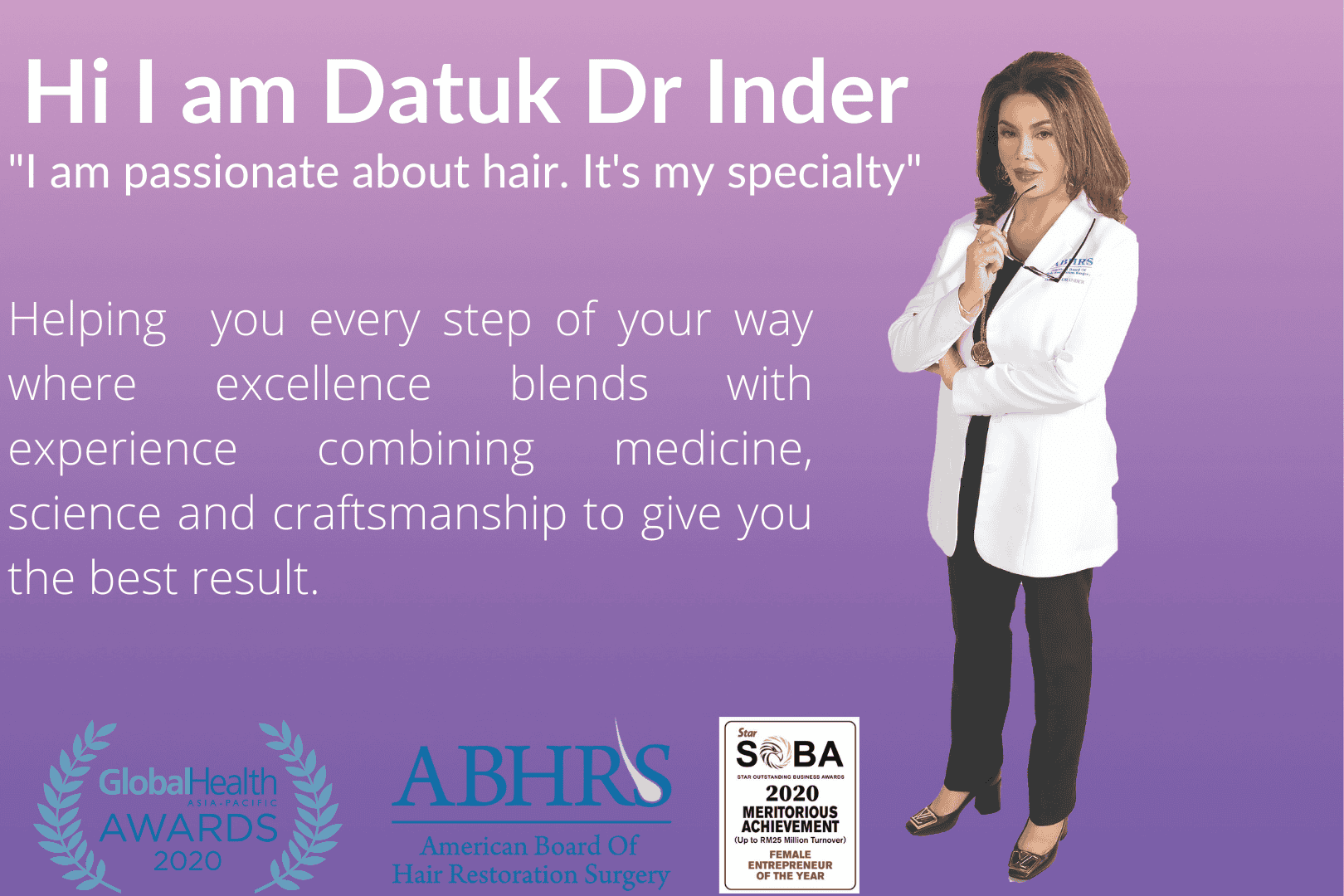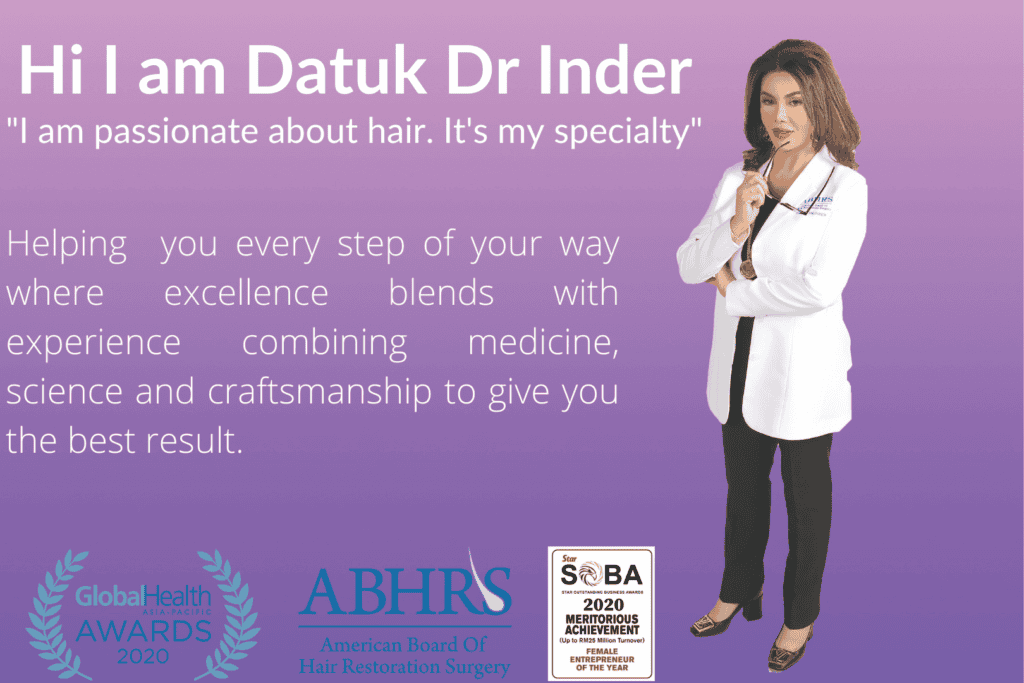Factors that may contribute to hair loss
For some reason, your parents are to blame if you’re losing hair. And for good reason: Hair loss in males is almost always hereditary.
But before you lash out at your parents (and yes, you may inherit the droppage genes from both sides of your family), take a moment to think about whether or not you’re to blame. To quote Hairmedic’s founder and trichologist, Iain Sallis, “Your general health and lifestyle is the second largest contributor to hair loss”. There are two ways in which this may affect the progression of hereditary hair thinning: either directly or indirectly. Below, we’ve outlined your most formidable foes in the fight against thinning hair.
Let us call you

Diet
Your hair and biceps are just as much a reflection of your diet as your body is. Sallis explains that hair is made up of a large number of rapidly dividing cells, making it particularly vulnerable to nutritional deficiencies. Any recipe for good hair should include protein and iron, so vegans should make sure they’re getting enough beans and pulses to meet their hair macros..” Additional gains to your arms are an extra advantage.
There are many more minerals that contribute to a healthy head of hair, according to Donna Ryan, the founder of the Manchester Clinic of Trichology. Getting adequate magnesium, zinc, and calcium are all very important, according to one health expert. According to WebMD, “hair that is brittle and readily breaks due to a zinc deficiency.” Make sure you’re getting the recommended daily allowance of poultry and seafood by keeping track of your consumption.
Obesity
What’s terrible for your waistline is equally harmful for your torso. Dr. Sallis claims that obesity has a negative impact on hormone balance. When you’re overweight, your thyroxine and insulin production might be severely affected. Incorrect levels of these hormones set off a cascade of adverse effects throughout your body, including hair loss, thinning, and even hair thinning or loss altogether.
If you’re overweight or obese, your heart will have to work harder to keep you going later in age, so you’ll need more medicine, adds Sallies. Many blood pressure and cholesterol medications indicate hair loss as a possible side effect, which only serves to worsen the problem. You’ll have more pressing concerns to deal with than your hairline at this time.
Smoking
If you don’t want to give up smoking because of what the cancer sticks do to your lungs, think about what they do to your mind. When it comes to blood vessel constriction, smoking is a vasoconstrictor, according to Sallis. Including the skin, it limits blood vessels throughout the body. Your hair follicles require a steady supply of blood to remain healthy; if the flow is slowed, strands fall out and aren’t replenished when they do. Sallis notes that this might lead to hair loss more quickly over time.
Nioxin’s Scalp Renew is a treatment that stimulates the blood vessels in the scalp, helping to maintain your follicles fighting fit if you’re battling to stop. Even if you don’t want a heart attack, at the very least, you should consider quitting to prevent a choking hazard.
Steroids
They have domes as smooth as their kettlebells for a reason, and it’s because of that. In order to grow muscle, you may want to drink juice, but it can also damage your hair. In men, male pattern baldness is caused by types of testosterone attaching to hair follicles and leading them to stop producing hair. Hair loss is more likely if testosterone levels are raised artificially, according to Sallis.
Even if you stop using the needle, your hair will not return to its former glory. The hair that falls out now will be gone tomorrow as well, because you’ve accelerated the normal process. As Sallis puts it, “It’s like your hair is ageing quicker than you and once you stop, it can’t return to the age it was.” Don’t hesitate to reject the offer.


